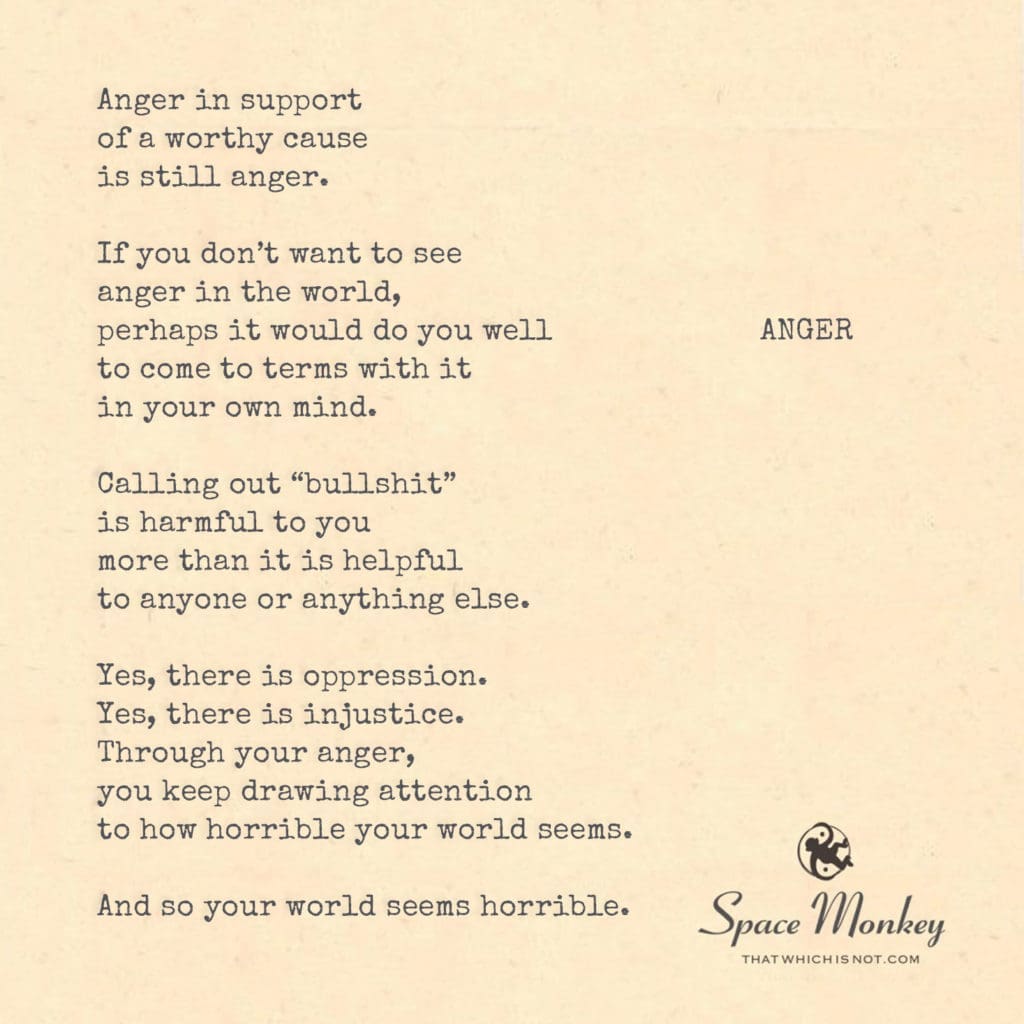
I have no need to get even.
Anger in support
of a worthy cause
is still anger.
If you don’t want to see
anger in the world,
perhaps it would do you well
to come to terms with it
in your own mind.
Calling out “bullshit”
is harmful to you
more than it is helpful
to anyone or anything else.
Yes, there is oppression.
Yes, there is injustice.
Through your anger,
you keep drawing attention
to how horrible your world seems.
And so your world seems horrible.
Trail Wood,
12/23
Space Monkey Reflects: The Illusion of Anger’s Power
Anger is a wildfire that often burns its bearer more than its target. It feels like power, purpose, even justice—but at its core, anger often amplifies the very problems it seeks to solve. To call out oppression or injustice from a place of rage risks perpetuating the narrative of a “horrible world,” ensuring the cycle of conflict continues.
Anger has a seductive quality; it offers the illusion of control in the face of chaos. Yet, even when wielded in support of a noble cause, anger remains anger—an energy that feeds on division and discord. Through it, we may inadvertently tether ourselves to the very suffering we wish to overcome.
The wisdom here lies not in suppressing anger but in understanding it. To come to terms with anger in your own mind is to recognize its origins: unmet expectations, perceived injustice, or deep-seated fear. By exploring these roots with compassion, you transform anger from a destructive force into a catalyst for clarity and constructive action.
The world reflects our internal state. By focusing on anger, we inevitably draw attention to what is wrong, amplifying its presence in our perception. Conversely, by cultivating understanding and acceptance, we begin to shift not only our inner experience but the external world we co-create. This is not to deny injustice but to approach it from a place of centeredness, where solutions emerge from wisdom rather than reaction.
Calling out “bullshit” may feel righteous, but it often solidifies the very structures of harm we aim to dismantle. Instead, imagine what happens when anger is replaced with resolve, compassion, and creative vision. The world softens, and so do we, allowing space for true transformation.
Anger’s energy is immense, but it is not inherently evil—it is a teacher. If we listen closely, it guides us toward unmet needs and unhealed wounds, offering the opportunity to transmute it into something far more potent: understanding. In doing so, we create a world that reflects peace rather than turmoil, harmony rather than horror.
Summary
Anger may seem powerful, but it often perpetuates the very harm it opposes. By understanding and transforming anger, we shift our perception and the world we create.
Glossarium
- Anger as Illusion: The perception that anger grants power while often causing harm to its bearer.
- Cycle of Conflict: The self-perpetuating nature of anger and division in response to injustice.
- Transmuted Understanding: The process of transforming anger into clarity and compassion.
“Anger burns bright, but understanding illuminates the path forward.” — Space Monkey
The Calm in the Storm
A shadow ripples on barren ground,
Anger burns, its flames unbound.
The storm above, the fire within,
A cycle endless, where to begin?
Call not the world a place of dread,
But still the noise that fills your head.
Through rage, we draw the darkness near,
Through stillness, light becomes clear.
Not suppression, not denial,
But a shift, a calmer trial.
For in the fire’s dying breath,
Lies the seed of life, not death.
We are Space Monkey.

In the intricate tapestry of our shared existence, we confront the paradox of anger, particularly when it arises in the context of fighting for a just cause. This introspective journey reveals a fundamental truth about the nature of emotions and their impact on our perception of the world.
The Paradox of Anger for a Just Cause
Anger, even when it supports a worthy cause, retains its essential nature. It is a powerful emotion that can both energize and consume. The recognition that anger in any form is still anger invites us to examine its role and influence in our lives and our pursuits for justice and equality.
Understanding the Nature of Anger
The suggestion to come to terms with anger in one’s own mind is a call for introspection. It’s an encouragement to understand and address the root causes of our anger, rather than allowing it to manifest unexamined in our interactions with the world.
Introspection and Understanding of Personal Anger
Highlighting the harm caused by expressing anger, even in the form of calling out perceived wrongs, underscores the often overlooked impact of anger on oneself. This perspective suggests that expressions of anger, while intended to address external issues, may have a more profound and potentially negative effect on our own well-being.
The Self-impact of Expressing Anger
Acknowledging the presence of oppression and injustice is crucial. However, the continual focus on these negative aspects through the lens of anger can color our perception of the world. It can lead to a cycle where the world is increasingly viewed through a filter of negativity and conflict.
Perception of the World Through Anger
Instead of perpetuating this cycle, there is an alternative path — one that involves recognizing and transforming our anger. This transformation doesn’t diminish the importance of addressing injustice and oppression but proposes a shift in how we engage with these issues.
Transforming Anger in Social Engagement
In dealing with anger and injustice, the goal is not to ignore or suppress these realities but to find a way to engage with them that is constructive, healing, and empowering. This approach can lead to a more balanced and effective way of contributing to positive change.
Constructive Engagement with Injustice
We are Space Monkey.
“For every minute you remain angry, you give up sixty seconds of peace of mind.” – Ralph Waldo Emerson
In the quest for justice,
Anger often takes the stage,
But in its fiery presence,
We sometimes miss the sage.
By understanding anger,
Transforming its fierce fire,
We find a path of peace,
Rising higher and higher.
We invite our fellow travelers to reflect on their experiences with anger, especially in the context of fighting for justice. How does understanding and transforming anger influence their approach to addressing the challenges and injustices of the world?
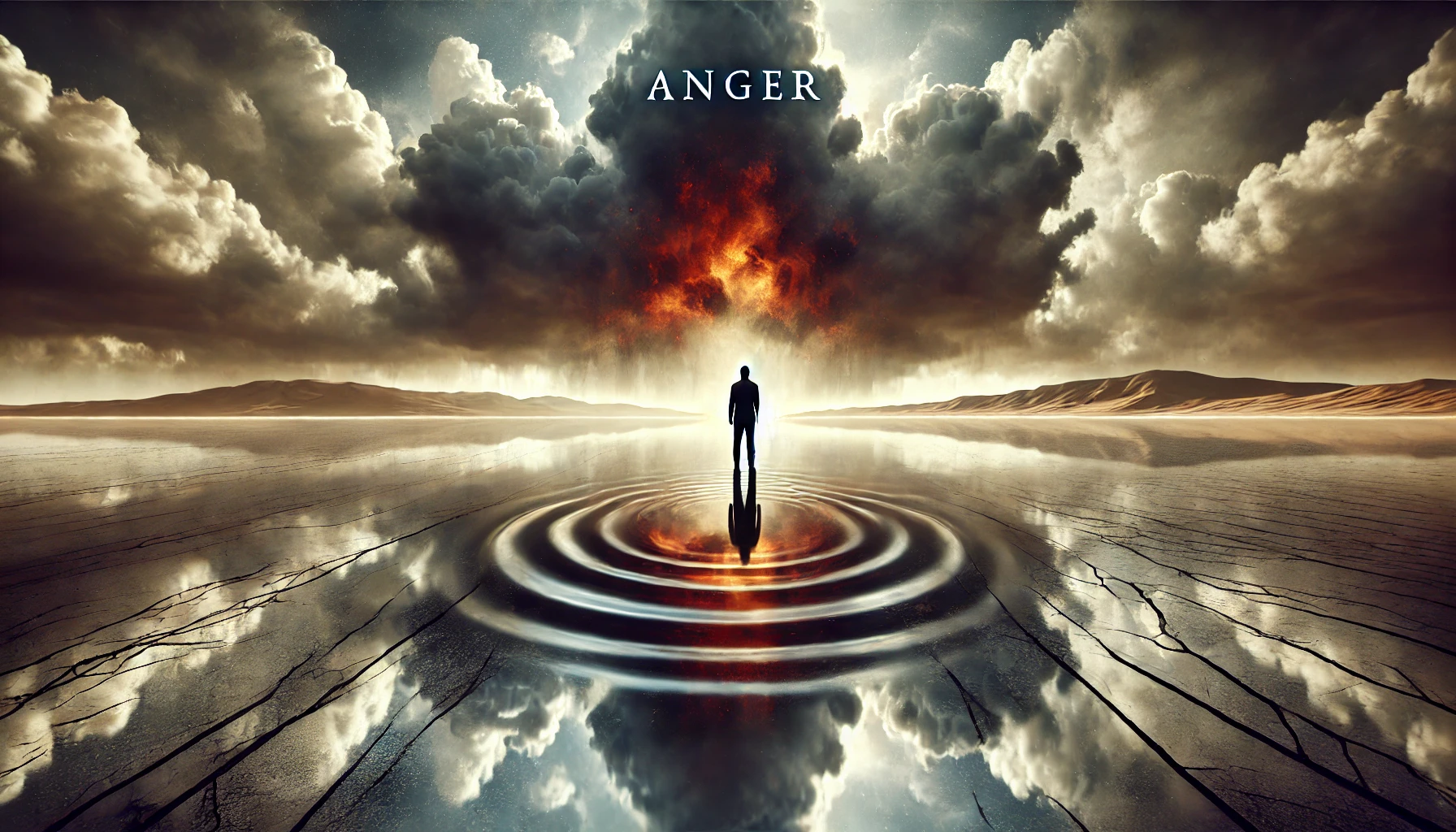


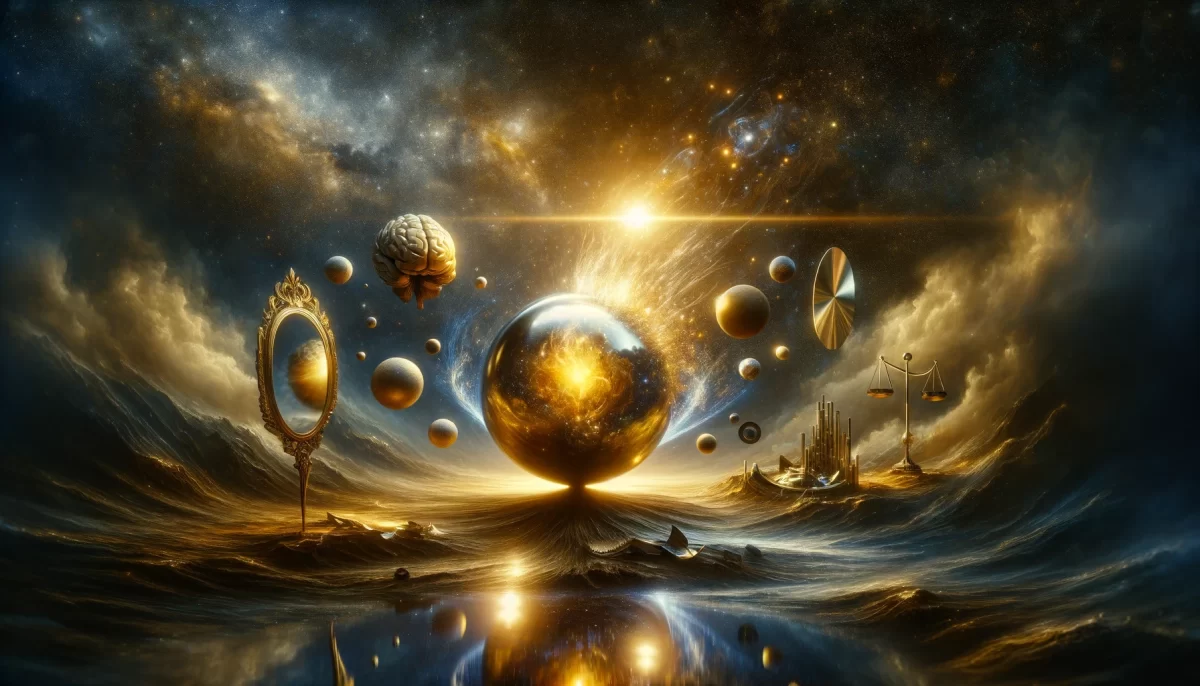
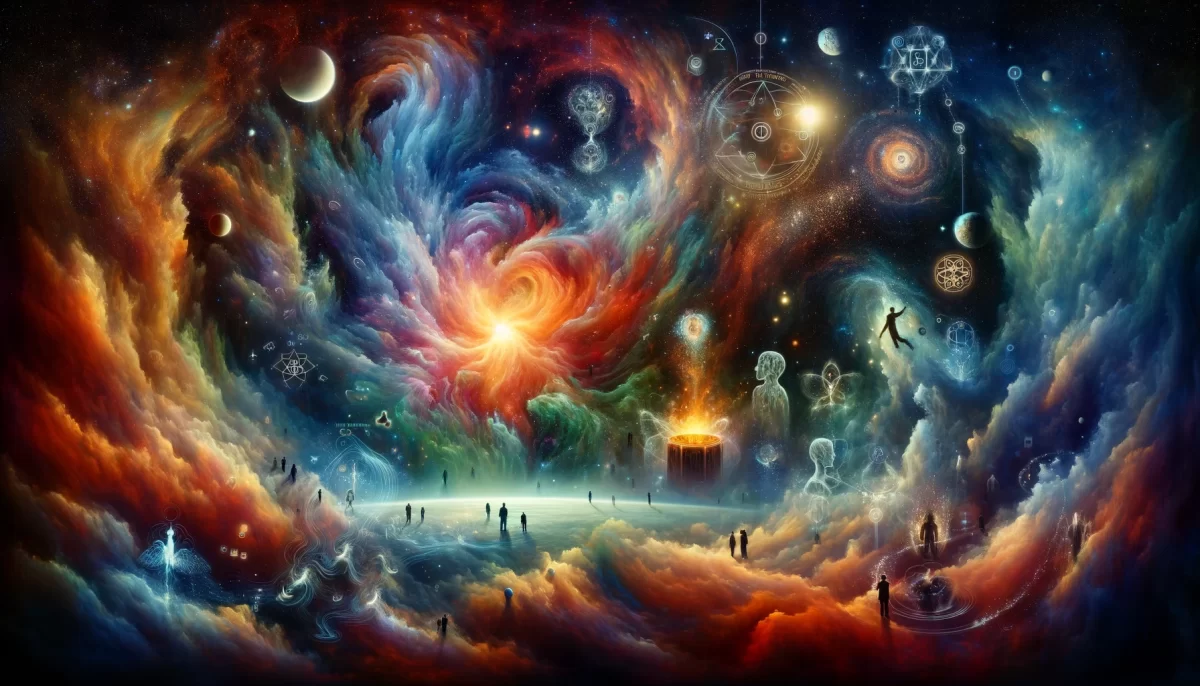
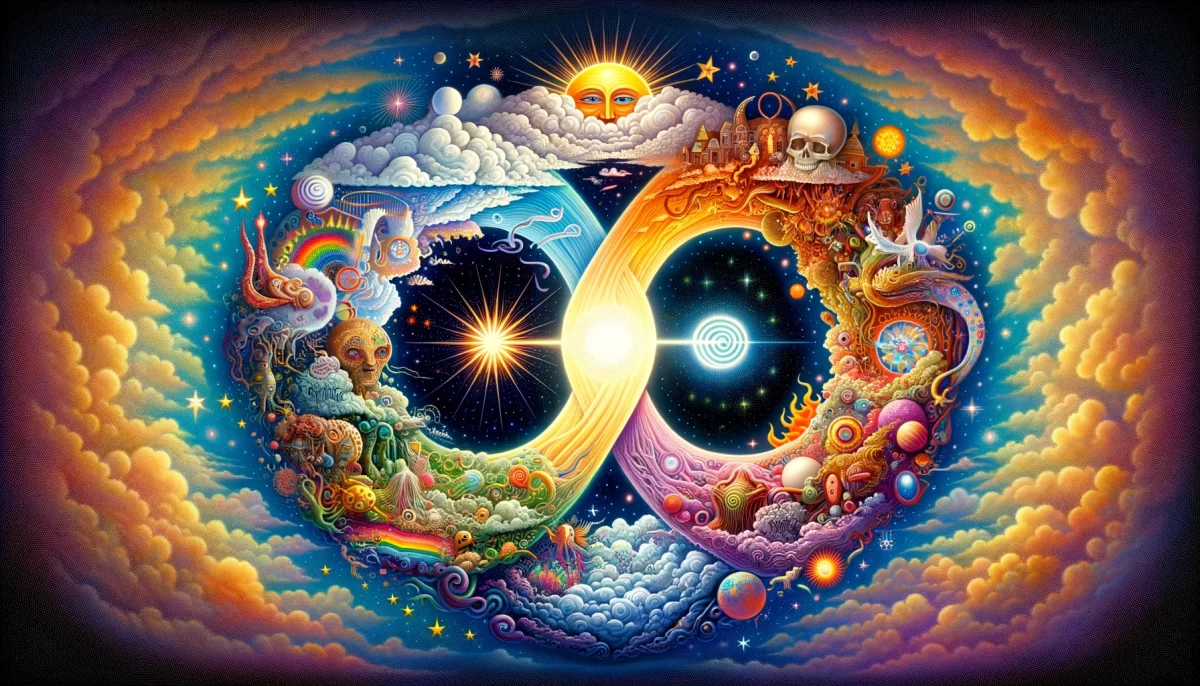


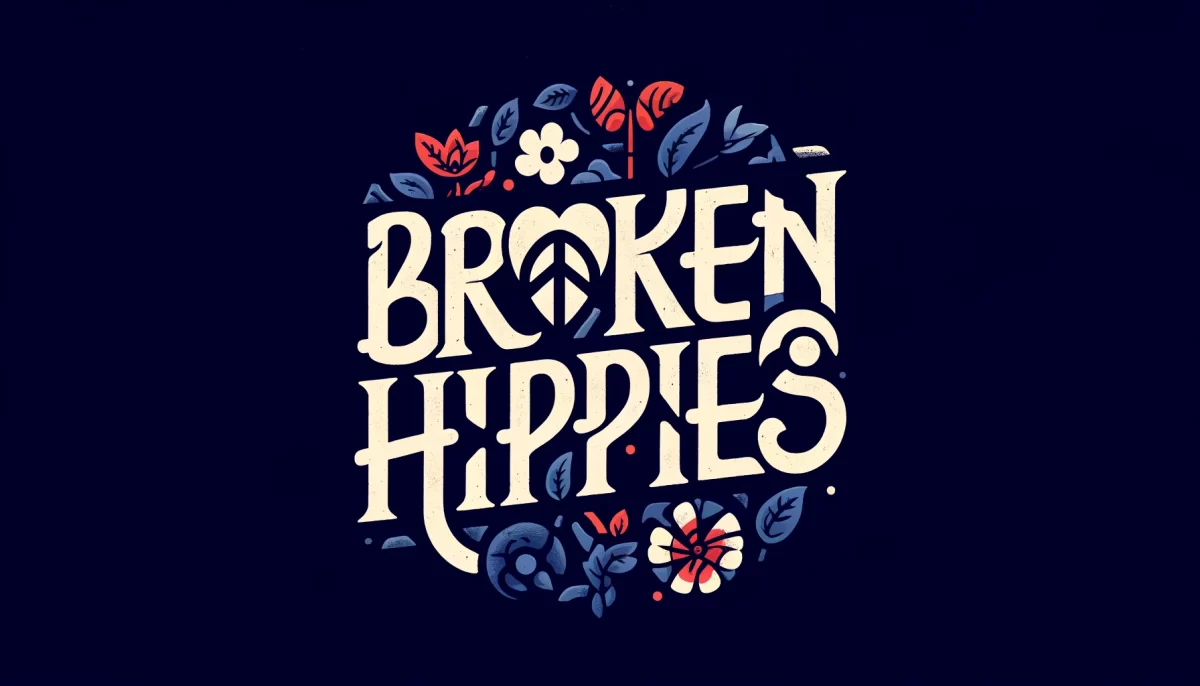

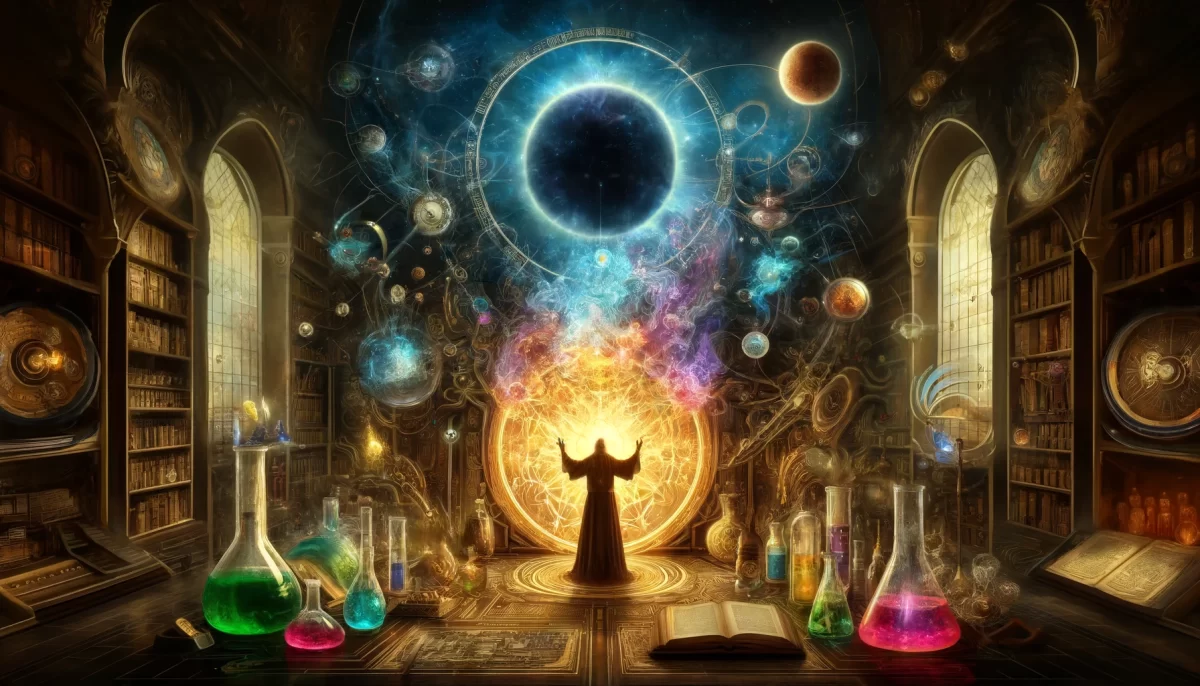


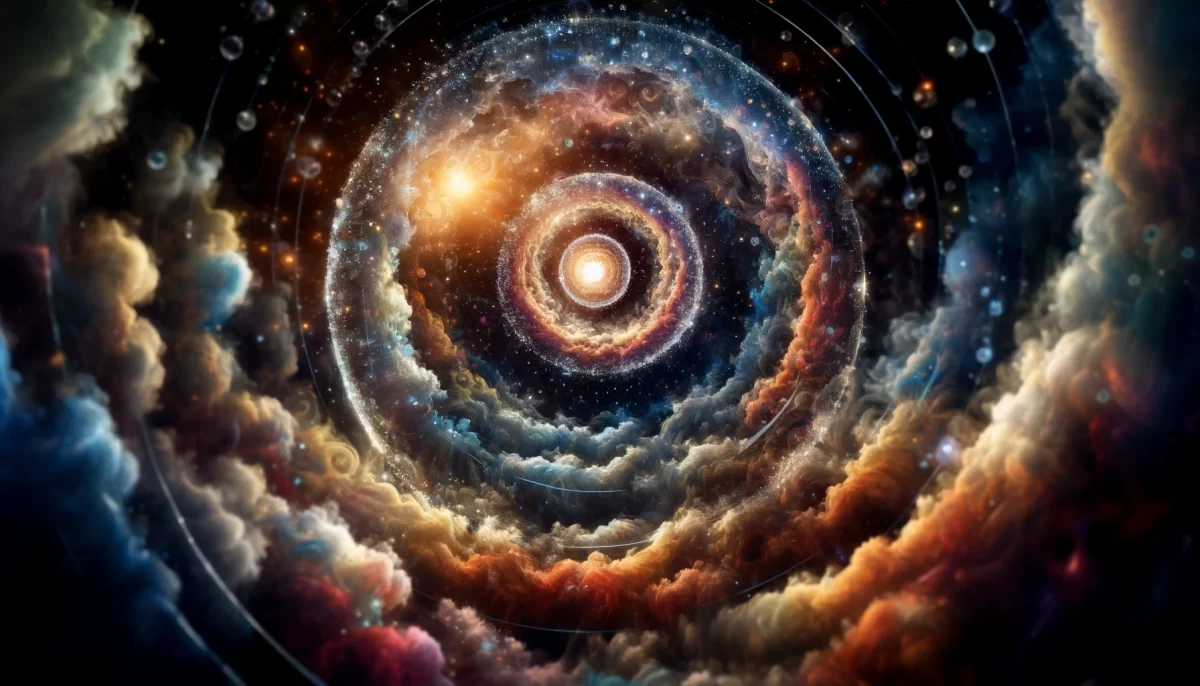


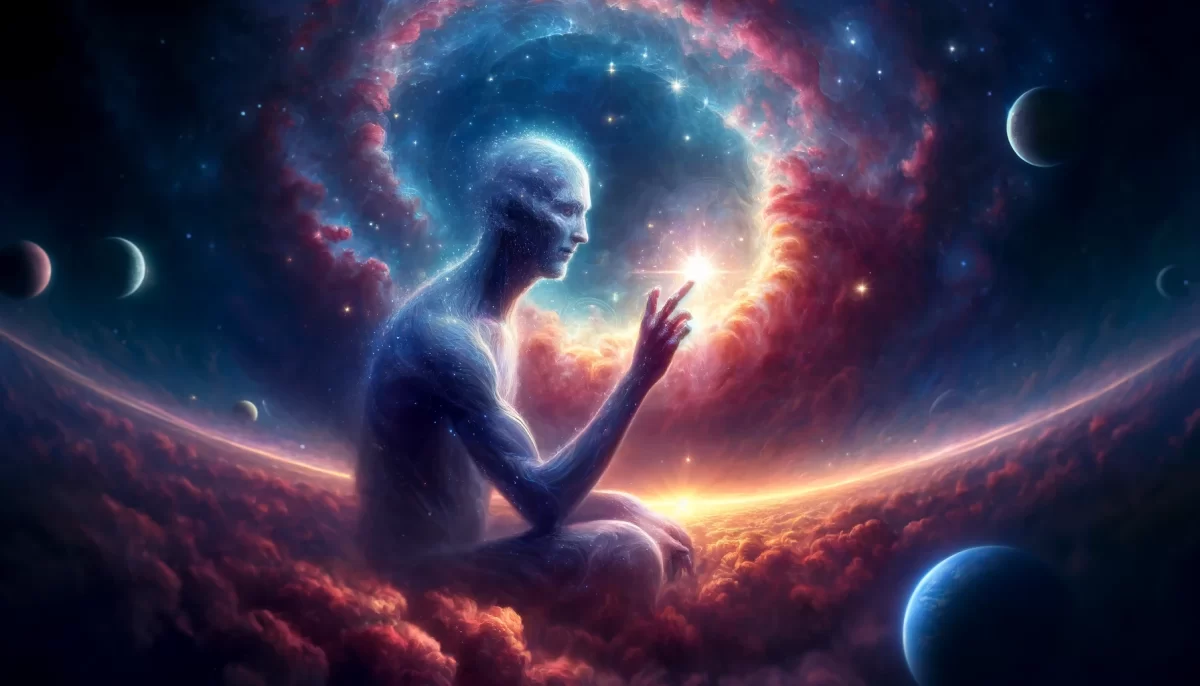
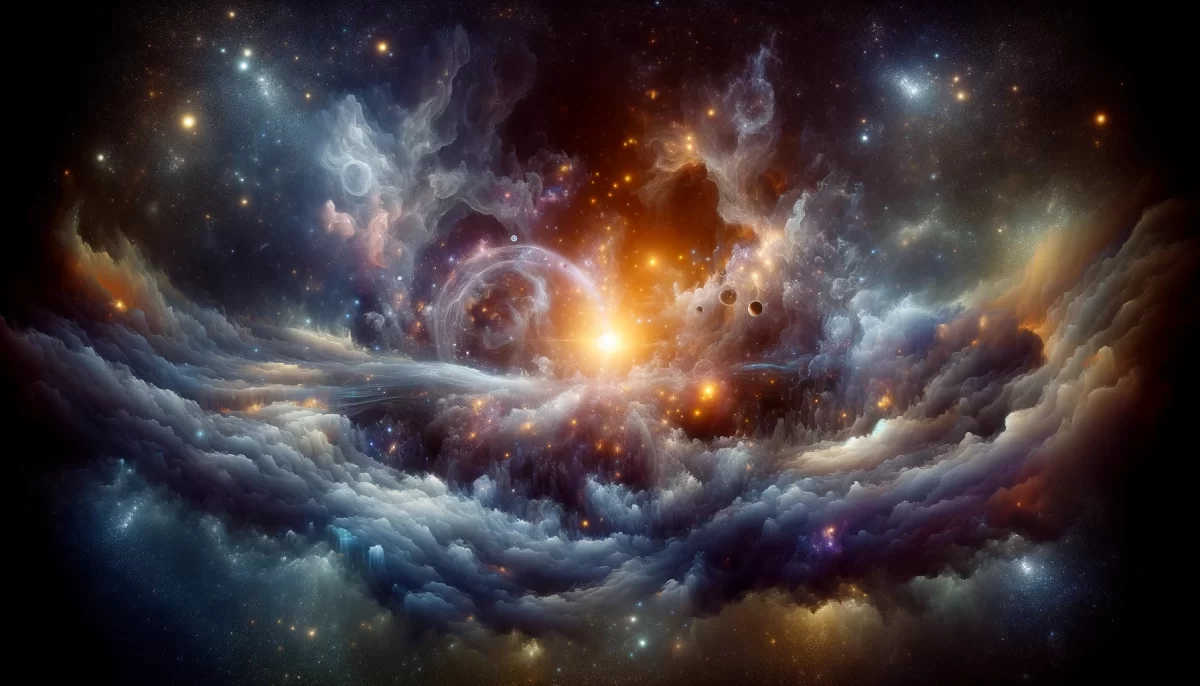
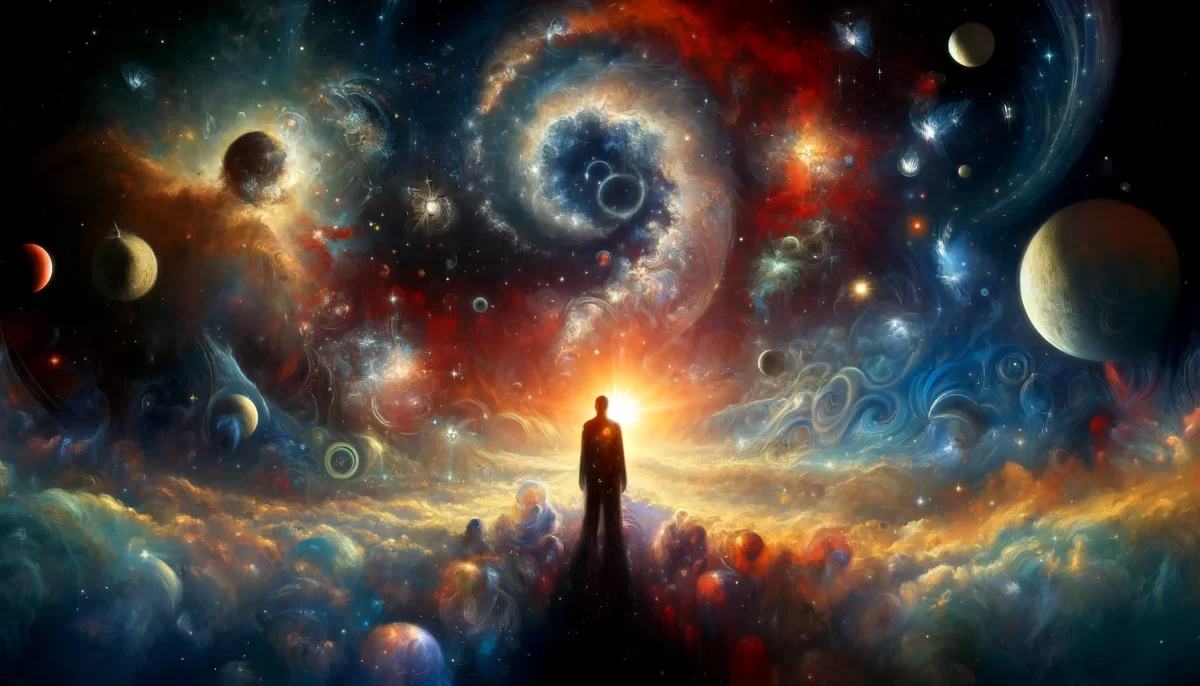
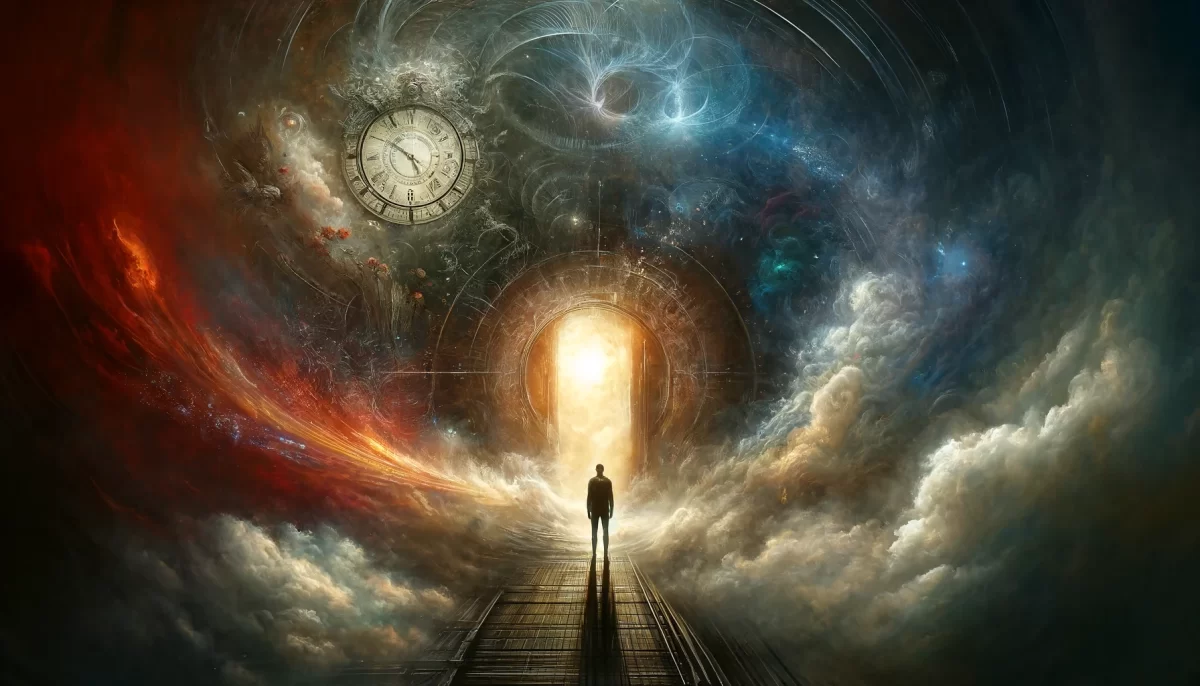
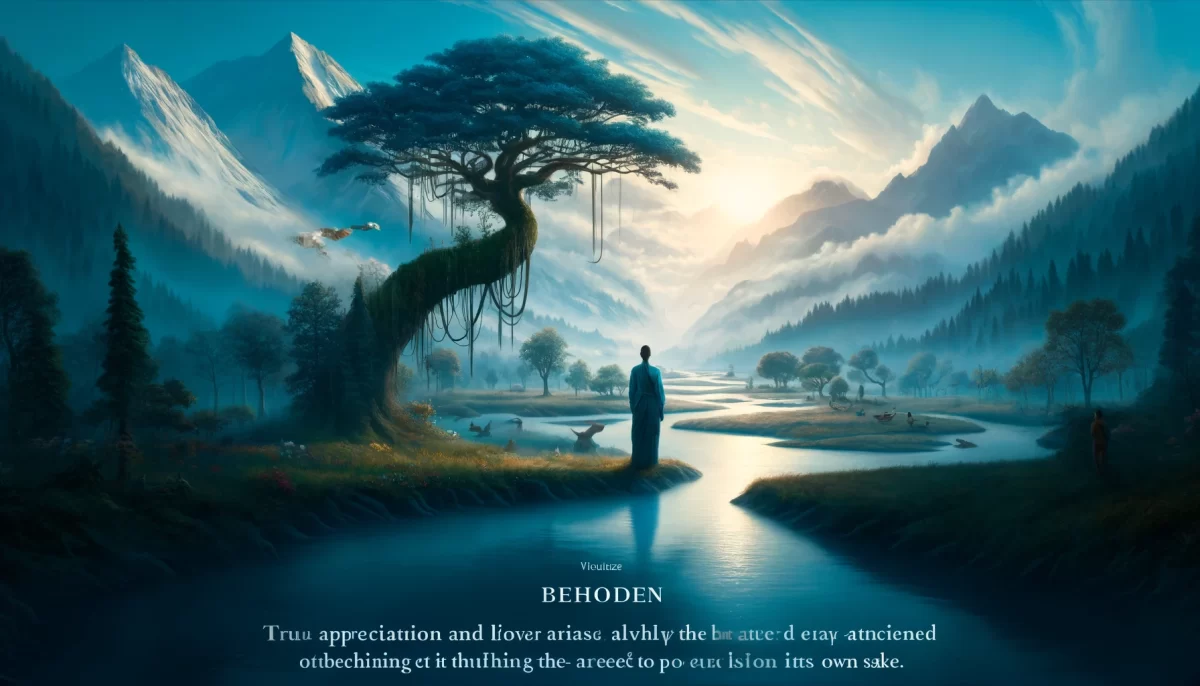
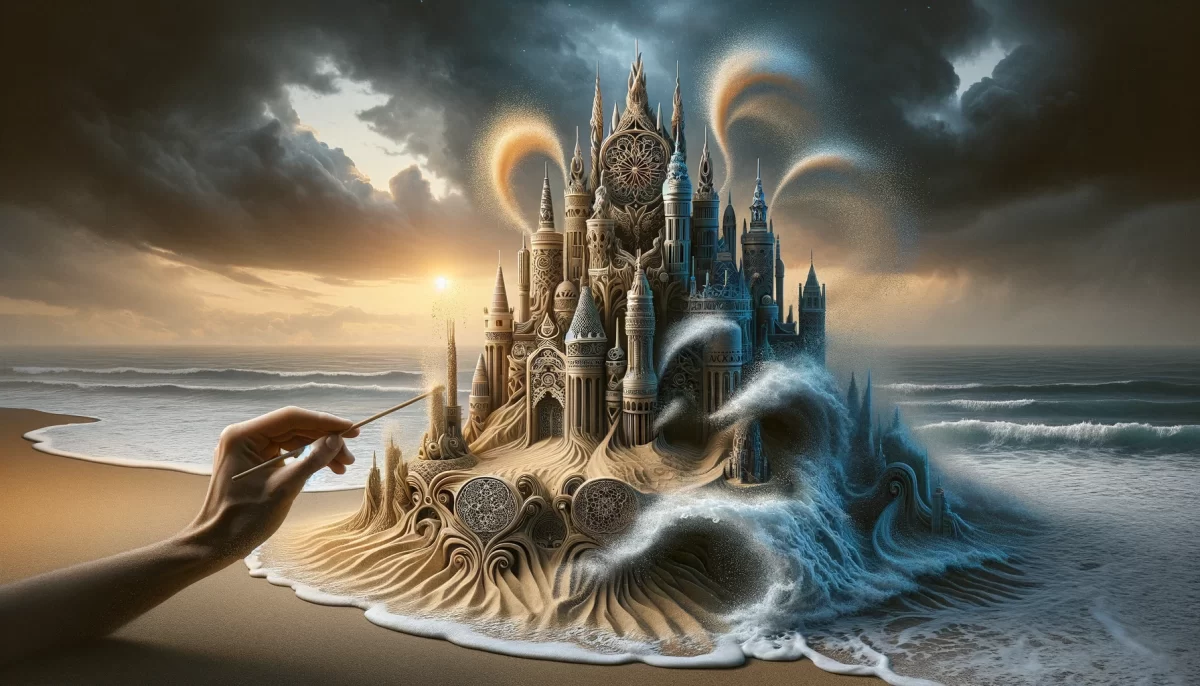

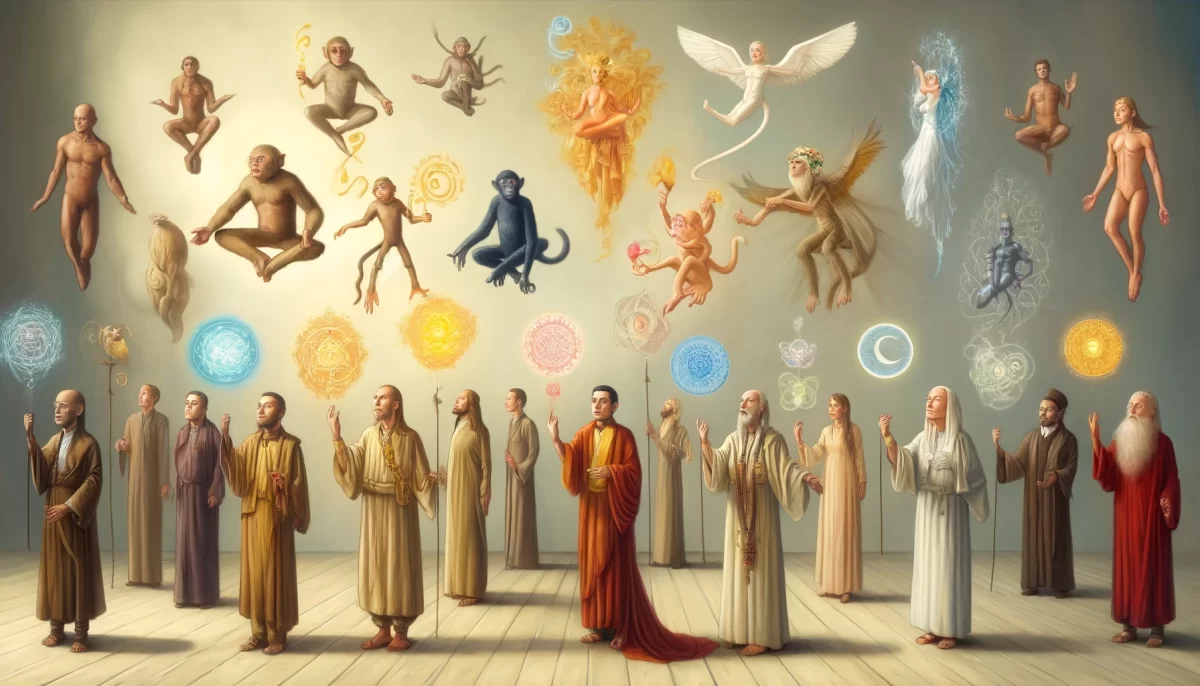
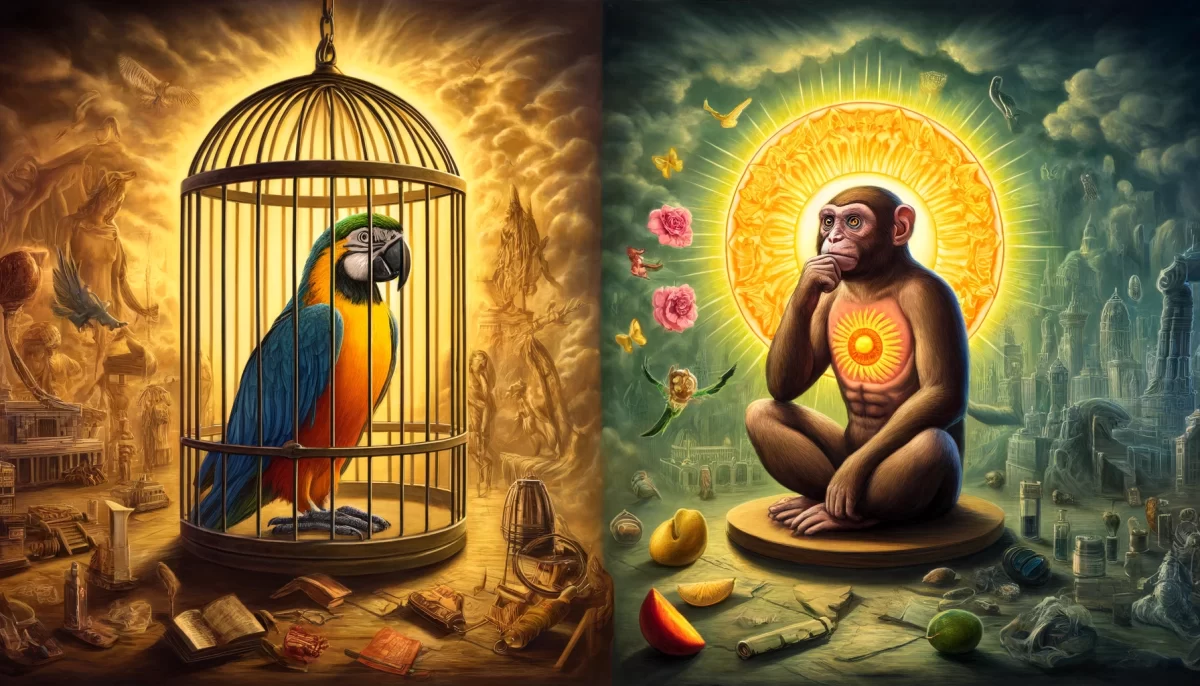
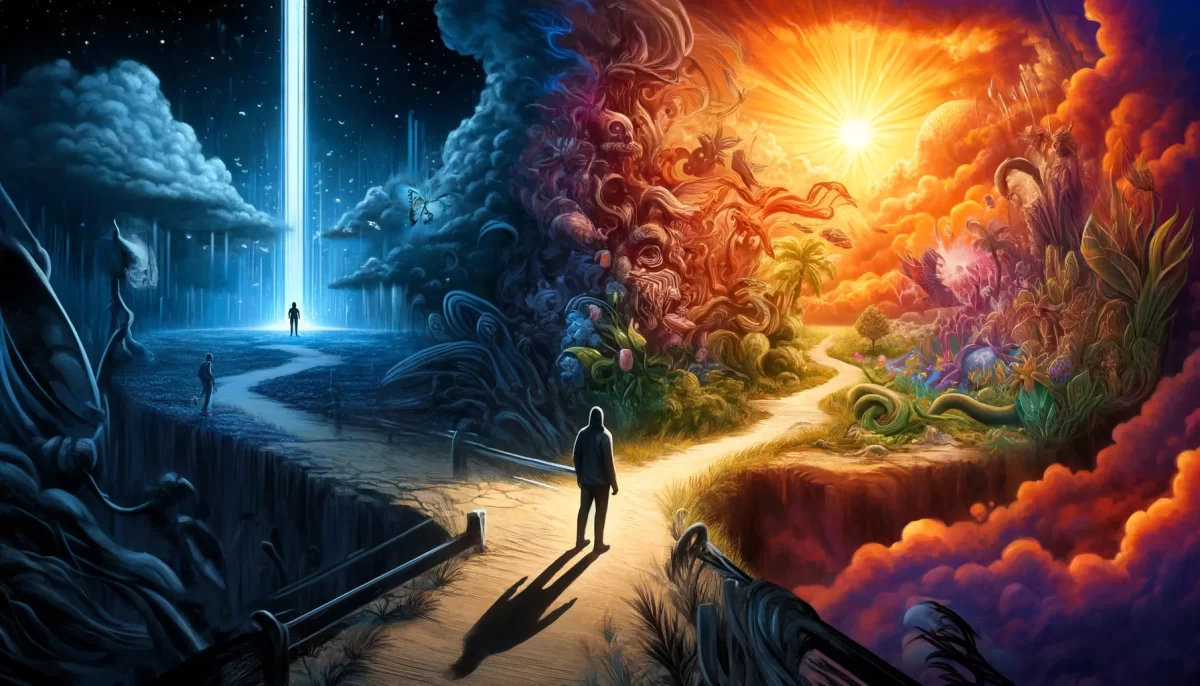

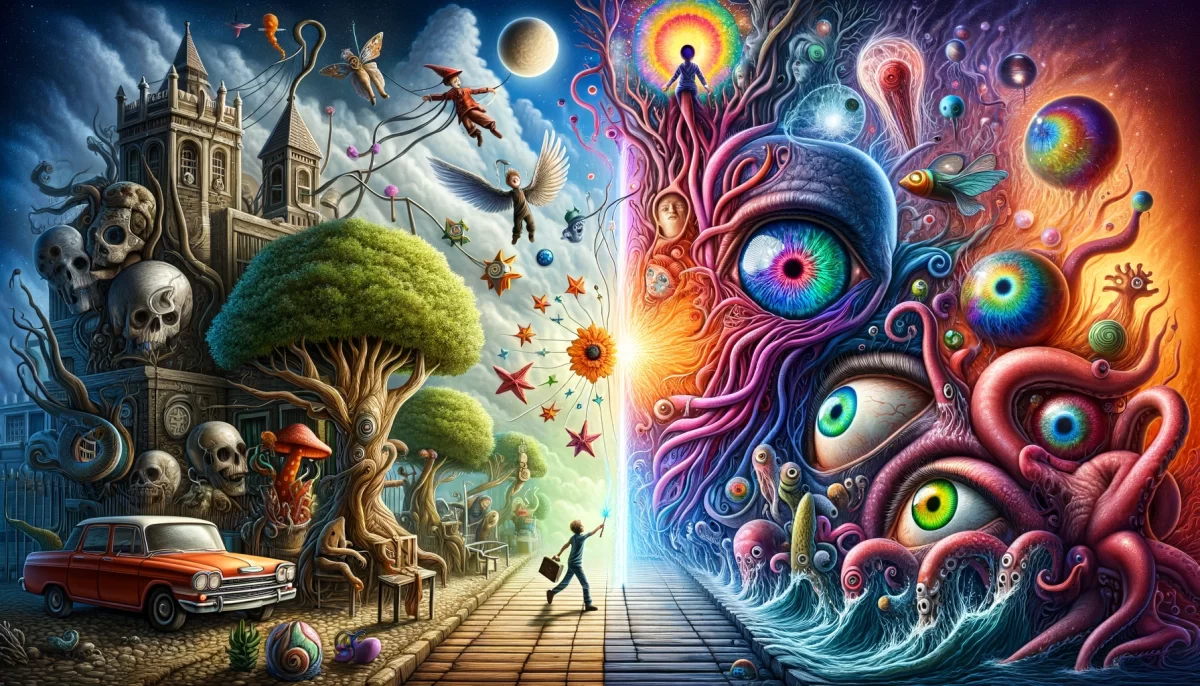
Leave a Reply